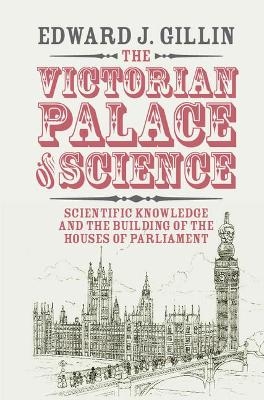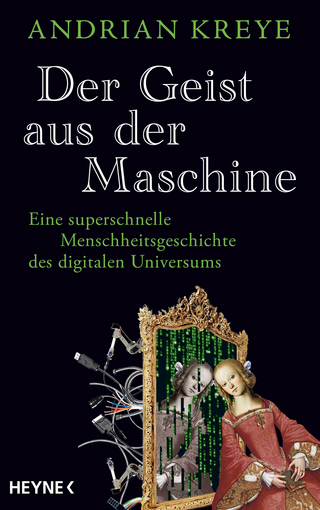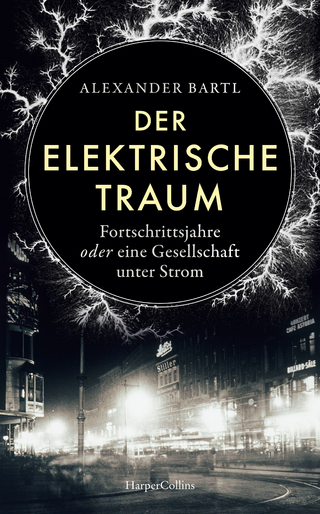
The Victorian Palace of Science
Cambridge University Press (Verlag)
978-1-108-41966-6 (ISBN)
The Palace of Westminster, home to Britain's Houses of Parliament, is one of the most studied buildings in the world. What is less well known is that while Parliament was primarily a political building, when built between 1834 and 1860, it was also a place of scientific activity. The construction of Britain's legislature presents an extraordinary story in which politicians and officials laboured to make their new Parliament the most radical, modern building of its time by using the very latest scientific knowledge. Experimentalists employed the House of Commons as a chemistry laboratory, geologists argued over the Palace's stone, natural philosophers hung meat around the building to measure air purity, and mathematicians schemed to make Parliament the first public space where every room would have electrically-controlled time. Through such dramatic projects, Edward J. Gillin redefines our understanding of the Palace of Westminster and explores the politically troublesome character of Victorian science.
Edward J. Gillin completed a D.Phil. at the University of Oxford in 2015 and is now a Research Fellow at the University of Cambridge. He specialises in British science, technology, architecture, and politics in the nineteenth century, with his current work focusing on the role of sound in the production of Victorian scientific knowledge. Previous works cover topics such as the Cunard Steamship Company, early-twentieth-century political protest, and Isambard Kingdom Brunel's Great Eastern steamship. He received the 2015 Society of Architectural Historians of Great Britain's Hawksmoor Medal, and in 2016 was awarded the Usher Prize from the Society for the History of Technology.
Introduction; 1. A radical building: the science of politics and the new Palace of Westminster; 2. Architecture and knowledge: Charles Barry and the world of mid-nineteenth-century science; 3. 'The Science of Architecture': making geological knowledge for the Houses of Parliament; 4. Chemistry in the Commons: Edinburgh science and David Boswell Reid's ventilating of Parliament, 1834–1854; 5. Enlightening Parliament: the Bude Light in the House of Commons and the illumination of politics; 6. Order in Parliament: George Biddell Airy and the construction of time at Westminster; Conclusion: the house of experiment.
| Erscheinungsdatum | 10.11.2017 |
|---|---|
| Reihe/Serie | Science in History |
| Zusatzinfo | Worked examples or Exercises; 39 Halftones, black and white |
| Verlagsort | Cambridge |
| Sprache | englisch |
| Maße | 158 x 235 mm |
| Gewicht | 690 g |
| Themenwelt | Geschichte ► Teilgebiete der Geschichte ► Technikgeschichte |
| Technik ► Bauwesen | |
| ISBN-10 | 1-108-41966-6 / 1108419666 |
| ISBN-13 | 978-1-108-41966-6 / 9781108419666 |
| Zustand | Neuware |
| Haben Sie eine Frage zum Produkt? |
aus dem Bereich


